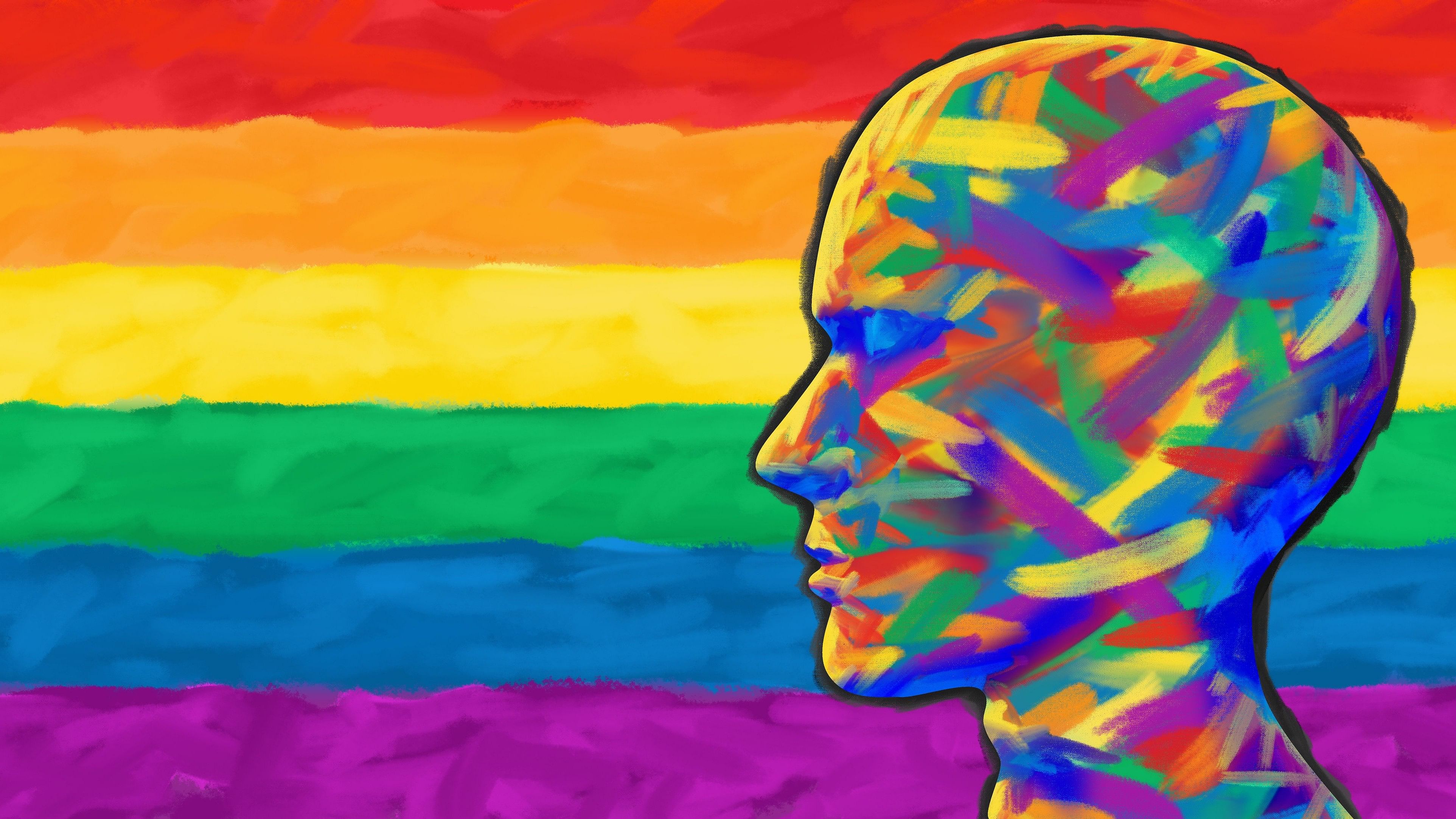
LGBTQAI+ community. Representative image
Credit: iStock Photo
The year 2024 is a global election year, with an expected 2 billion voters, or approximately 25% of the world population, heading to vote for their preferred candidate to lead their country. India’s general elections will be held in April and May 2024, during which time, voters will elect more than 500 members of the Lok Sabha. Of the 543 seats up for grabs, 272 are needed by one party or coalition to form a majority government; and if opinion polls are anything to go by, the BJP-led NDA government is poised for a landslide victory.
Last year, the BJP clarified its position on same-sex marriage. It vociferously opposed petitions before the Supreme Court brought forward by same-sex couples seeking the legal recognition of their relationships. And in October 2023, the Supreme Court handed down a stunning victory for the government. In a unanimous verdict, the bench held that there was no fundamental right to marry; legal recognition could not be granted to same-sex couples under the present regime, nor could the court compel the government to do so. This verdict was naturally met with great disdain by the LGBTQ+ community, as it brought the fight for marriage equality to an abrupt halt and disappointingly clarified the limitations of relying on the apex court to expand the contours of LGBTQ+ rights. The issue of same-sex marriage now rests with the people, specifically the government in power. With the ball back in the BJP’s court and the NDA poised to win the 2024 general election, it seems unlikely that the next five years will be propitious for same-sex couples in India.
Backlash to LGBTQ+ rights
While tracing the history of the LGBTQ+ rights movement, historian Laura A Belmonte reminds us that the global state of LGBTQ+ rights is fraught with geopolitical complexities. As of 2019, 123 of the 193 member states of the United Nations had legalised consensual same-sex sexual acts, but 68 countries continued to criminalise such behaviour, including six nations that imposed the death penalty. Similarly, while 26 countries had legalised same-sex marriage, another 26 states punished same-sex sexual acts with sentences ranging between ten years and life imprisonment. This shows there is no global consensus on the issue, and India is no exception.
While the top court decriminalised homosexuality in 2018 citing the relevance of the constitution, it declined to recognise same-sex marriage six years later using the same doctrinal principles as before. What’s the cause of these seemingly contradictory positions taken by courts and governments the world over?
Political theorist Michael J Bosia postulates that globalisation, internet proliferation, and the surge of US LGBTQ+ culture have produced a backlash to LGBTQ+ rights the world over. In non-Western countries, LGBTQ+ rights are sometimes perceived as an imposition of Western values, and nowhere is this more evident than in the Middle East, where there is sustained opposition to LGBTQ+ rights. Even in India, while the Supreme Court held in 2014 that transgender people have the right to self-identify as male, female, or “third-gender,” the apex child rights body National Commission for Protection of Child Rights (NCPCR) issued a notice to the education departments of Uttar Pradesh and Haryana in February to not use the term “non-binary” while referring to children. It thus comes as no surprise that the BJP opposes same-sex marriage and is unlikely to take significant steps, if any, to grant legal recognition to same-sex couples during its tenure. Even the recently proposed six-member panel under the cabinet secretary has not included queer marriage as a topic for discussion. During the marriage equality hearings, considerable time was spent debating whether same-sex marriage was an “urban elite phenomenon” and a Western construct — an argument put forth by the government but eventually dismissed by the Supreme Court in its final verdict.
The path ahead...
As LGBTQ+ rights activists brace themselves for what promises to be a tumultuous election year, they must approach the future with a measured perspective. The Congress, CPI(M) and the BJP have all included LGBTQ+ rights in their election manifestos, but none have promised equal marriage rights. While the landscape of LGBTQ+ rights faces global challenges, particularly in India, the United States, and Russia, activists mustn’t be overly optimistic yet not give up hope. Activists must continue advocating for LGBTQ+ rights with resilience and challenge the notion that these rights are in any way “Western”. They must simultaneously reject the LGBTQ+ cultural hegemony of the West and fight for a nativised understanding of human sexuality. And while setbacks are bound to occur, history has shown that progress is possible through sustained efforts and the support of well-meaning allies.
(The author is a Communications Manager at Nyaaya, the Vidhi Centre for Legal Policy and can be reached at sahgalkanav@gmail.com)